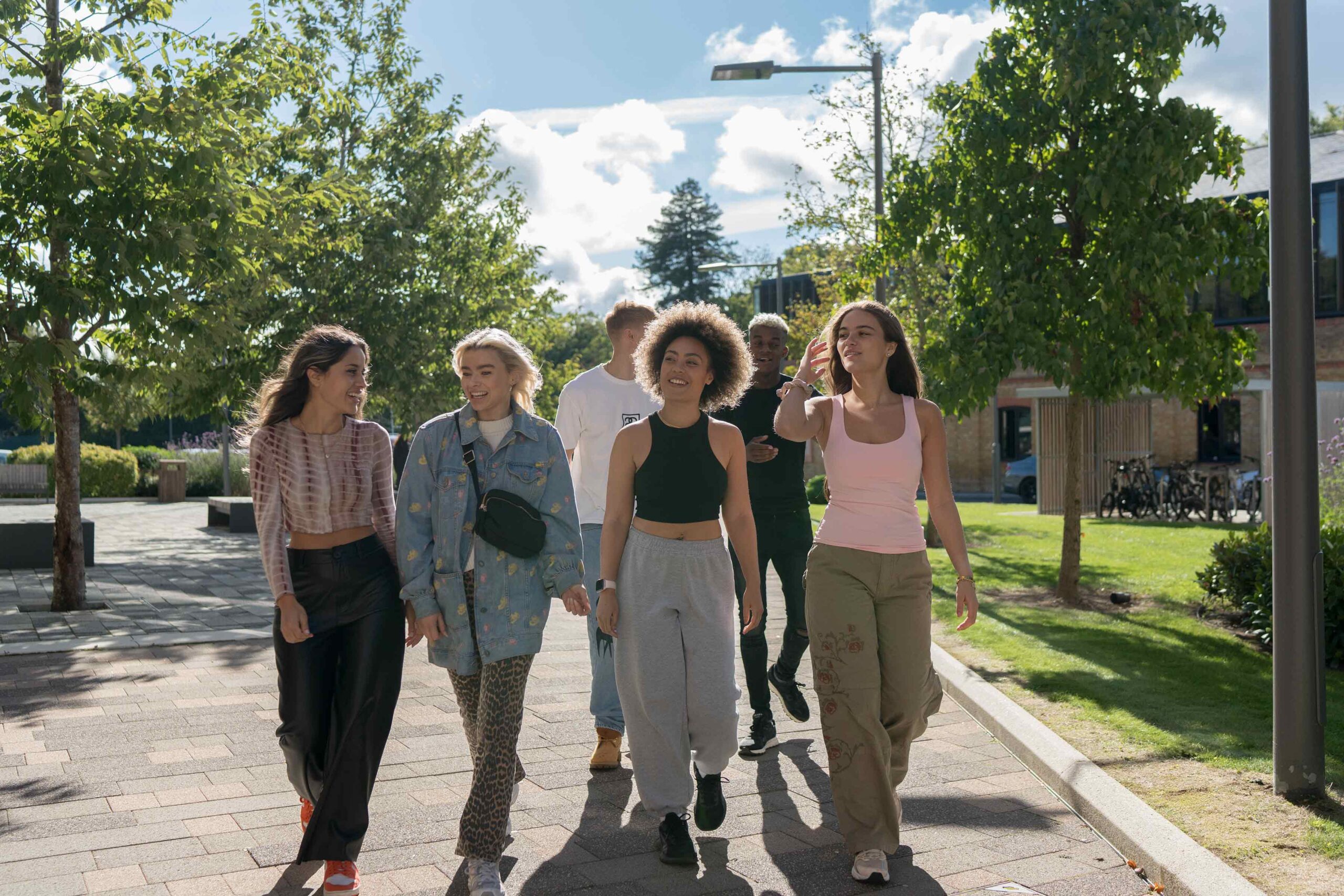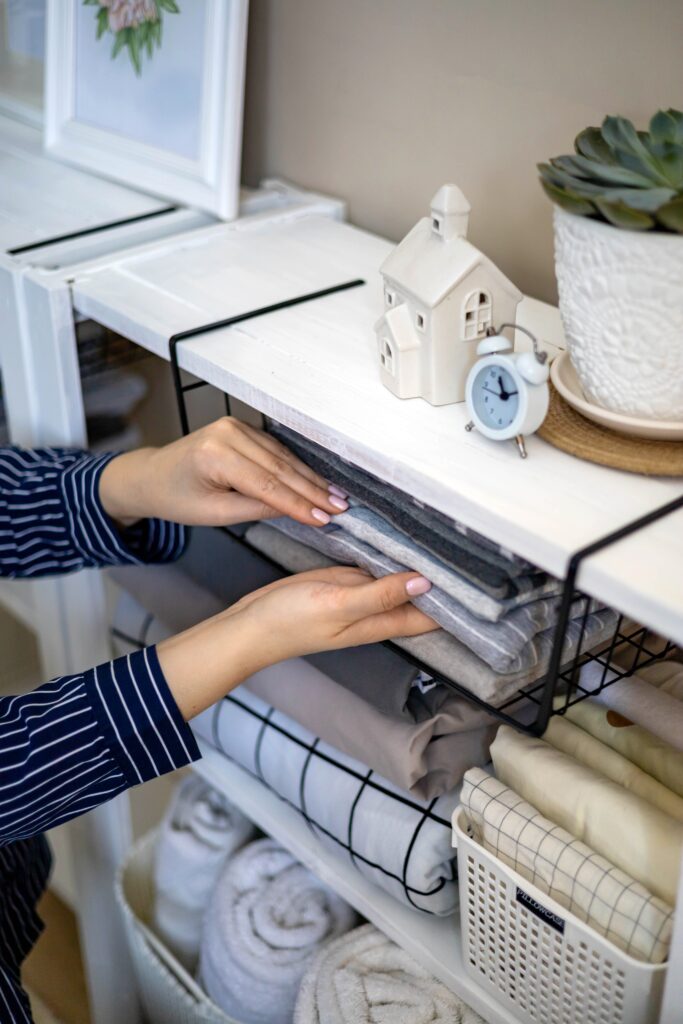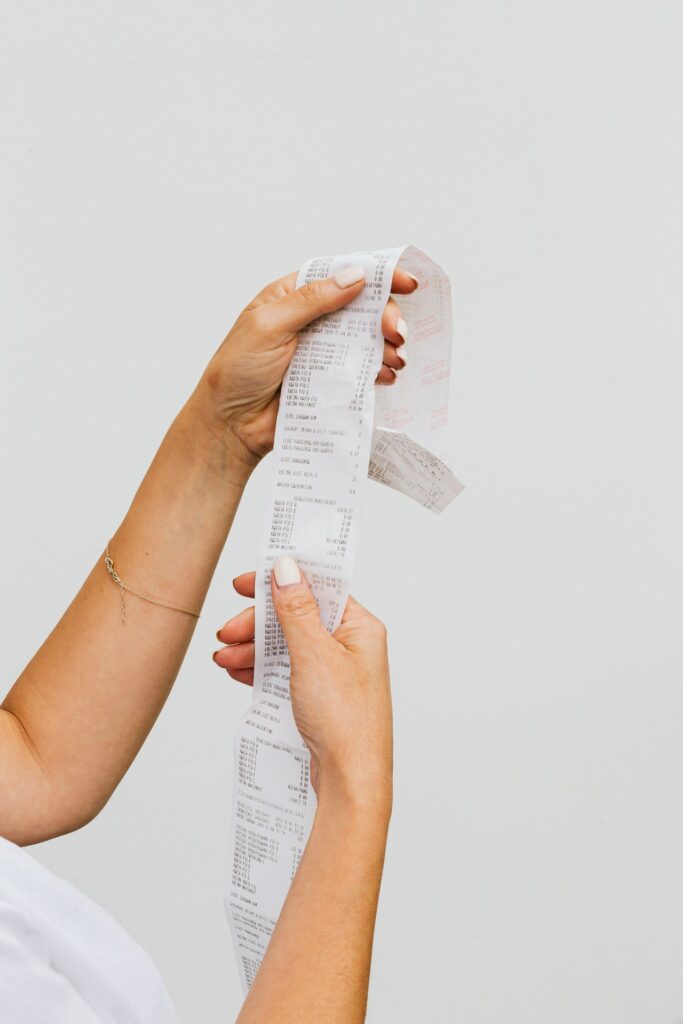Spot Renting Red Flags with Our Student Property Viewing Checklist
Back
You’ve seen a listing for a seemingly suitable student property for you and a few housemates. Job pretty much done, right?
Not quite. There are a few important details to check to make sure your new digs are safe, comfortable, and legit. After all, while there may be a shortage of student accommodation, house scams and sub-standard properties are pretty plentiful wherever you’re looking to move.
So before you unload your sock drawer into the nearest carrier bag and share your new address with your parents, go through this property viewing checklist and give yourself the best chance of finding a decent place.
Before viewing the property
Many students are stung by renting scams – don’t be one of them. Unless you want to risk throwing away a good chunk of your budget for the year, consider these initial checks the most important.
- Never pay anything up front. This is rule #1. If someone asks for a down payment to “secure” the property before you’ve seen it, start looking for someplace else immediately.
- Check the property listing is real. Avoid falling victim to a student renting scam by disregarding listings which are poorly written, lack good photography, or have incredibly cheap rental prices (if it’s too good to be true, it almost certainly is).
- Check the letting agents or landlord is real. Some housing scammers pretend to be a landlord or a letting agent – and they can be very convincing. If they request your deposit upfront in cash, or ask for any money before you’ve viewed the property, treat this as a red flag.
- Push to view the property. If the person you’re dealing with is making excuses about why you can’t view a property, you should be wary.
- Speak to current tenants. If it’s possible, request the existing tenants’ details. It’s an opportunity to ask them what it’s like to live there, without the landlord or letting agent being in the room at the same time.

During the viewing
A viewing is an exciting time as you look forward to house parties and start imagining life in your new bedroom. But there are numerous red flags to look out for and questions to ask when viewing a student house.
- Check the exterior of the building
- Is the property secure – windows, external doors, and locks?
- Does it generally appear to be in good condition?
- What are the parking restrictions – is there on-street, permit, or driveway parking available?
- Is there a burglar alarm fitted?
- If there’s a garden, how secure is it and who’s responsible for maintaining it?
- If there’s a shed or garage, is this in good condition?
- Check the interior of the property
- How is the property heated? Does it feel warm?
- If the property has central heating, do all the radiators work?
- Are the windows single or double glazed?
- Do the windows have locks?
- Are the windows in good condition?
- Is there sufficient storage space?
- Is there any exposed wiring, faulty plugs, or light switches?
- Are carbon monoxide detectors and smoke alarms fitted?
- Is there an easily accessible fire escape?
- Does the landlord have a gas safety certificate?
- Is there privacy from the street and the garden?
- Are there enough power sockets and are they in convenient places?
- Is there Wi-Fi available?
- Can you spot any signs of damp, mould, or condensation?
- Check the kitchen
- Is there a fire blanket and fire extinguisher (required by law in an HMO)?
- When you turn on the tap, is the water pressure sufficient?
- If the property comes furnished, is the furniture – such as dining table and chairs – in good condition?
- Does the property include kitchen appliances – if so, do they work?
- Check the bathroom
- Are there any visible leaks?
- Can you spot any signs of damp, mould, or condensation?
- Is there a window or an extractor fan?
- Does the toilet flush adequately?
- Does the bath and sinks drain adequately?
- Check the bedrooms
- How are the bedrooms heated – is there at least one radiator?
- Is there enough storage space, such as a wardrobe?
- Is the mattress in good condition?
- Ask about these other important details
- How much is the rent at the property?
- Will you have to pay any of the bills or are they included in the price?
- How energy efficient is the property?
- How much deposit will you have to pay – and why might the landlord deduct from it?
- What are the neighbours like?
- Is the internet connection good?
- Is the mobile reception good?
- What public transport and amenities are located nearby?
When moving in
Once you’ve signed an agreement on a property, there’s just a couple more I’s to dot and T’s to cross.
- Double-check the inventory. Make sure everything included on the inventory is actually there – or you could end up being billed for it when you leave.
- Get a copy of your tenancy agreement. Always keep a copy of your student tenancy agreement close to hand in case there are any disputes with the landlord during your time in the property.
- Ask previous tenants any final questions. If you didn’t manage to catch them before or during the viewing, take the opportunity to ask the outgoing tenants any further questions. For example, how communicative is the landlord?
- Take all meter readings. If accessible, find your gas and/or electricity meter and take a photo of the number, so your energy company bills you accurately.
Viewing a student house: frequently asked questions

What questions should I ask when viewing a student house?
Among the most important questions to ask a landlord or letting agent when being shown a student house are:
- How much is the deposit and rent?
- How energy efficient is the property?
- What are the neighbours like?
- How fast is the internet connection?
- Do you have a gas safety record?
And remember to look out for carbon monoxide detectors, smoke alarms, and signs of damp.
How do I find out if my landlord is dodgy?
here are several signs of an unscrupulous landlord or letting agent:
- The property is untidy and dirty when you move in
- You’re asked to pay extra fees
- They can’t answer questions about where your deposit is stored
- They are unwelcoming and uncommunicative
- There’s no paperwork (including a gas safety record)
If this rings true of your landlord or letting agent, that’s cause for concern.


What red flags should I look out for in tenancy agreements?
It’s always important to check your tenancy agreement when moving to a new property. Before signing, check for these red flags:
- The late rent fee is more than 10% of the monthly fee
- The terms of the agreement can be changed during the leasing period
- The extra fees you’ve been told about are missing from the agreement
- The tenant is responsible for all damage and repairs
- There’s a mould waiver or clause
If you find any of these details in your student tenancy agreement, it could be worth raising with your landlord or letting agent.
Find out more in our guide to student tenancy agreements.
We’re fighting for a fair deal for students. Discover what the most common accommodation issues are, learn how to get more savvy when dealing with private landlords, and share your student rental horror stories. Find out more.

